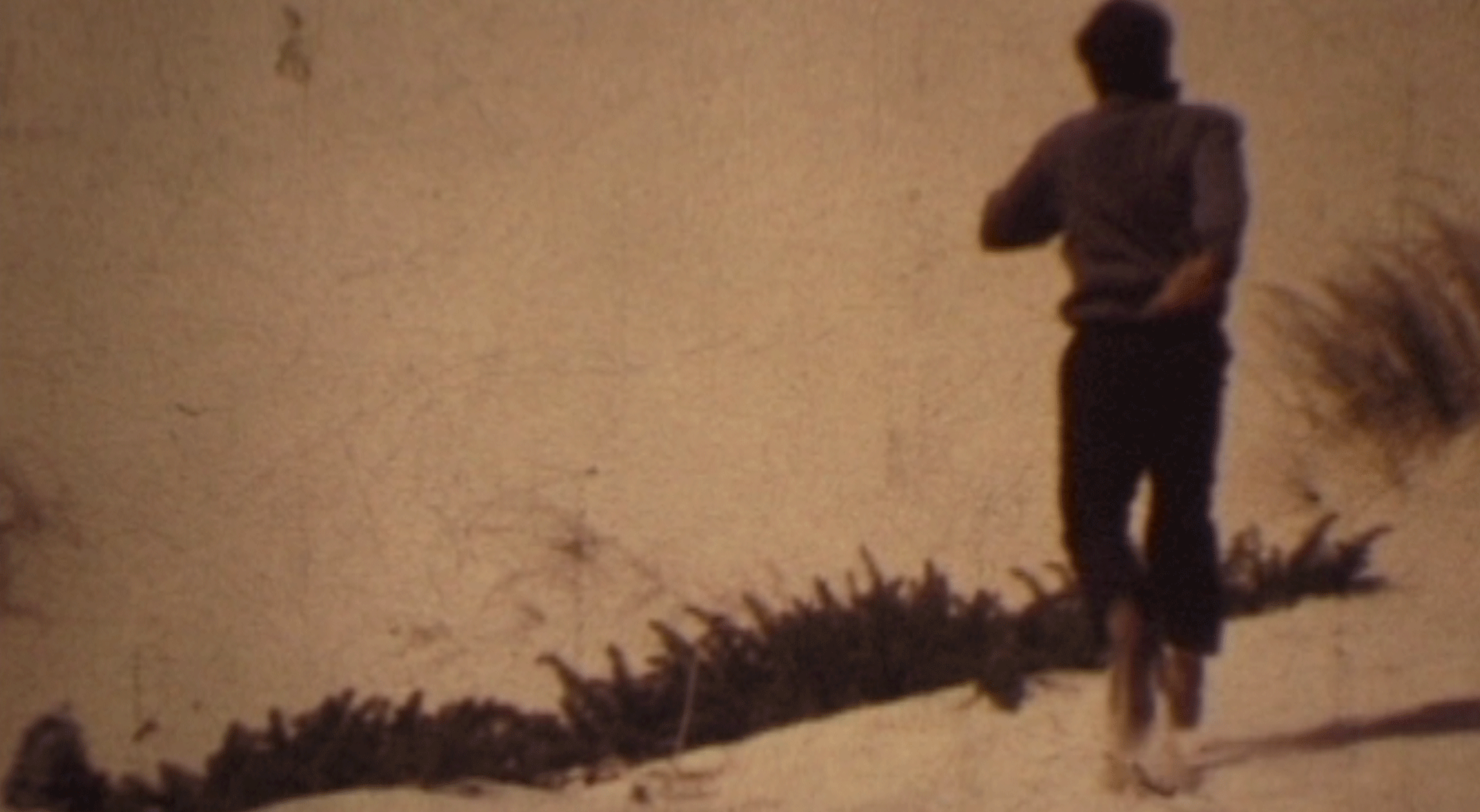Nous ne sommes (toujours) pas quelque part
decemberdec 2
Artists, Miguel Castro Angelo, Mariana Carvalho, Béryl Coulombié, Clara Eon, Fernando Fadigas, Daniel Galicia,Nathan Ghali, RicardoLeandro, Vera Lúcia Bibi, Caroline Rambaud, Loïs Saumande, Ernesto de Sousa, Emmanuel Van der Elst, Aurélien Vieillard, Victoire Marion-Monéger
Curatorial team, Vincent Enjalbert, Armelle Pradalier, Rogério Taveira
On a proposal by Thierry Leviez
General management, Camille Berthelin
Production Festival d’Automne à Paris
Originating in the performance Nós não estamos algures, imagined by the Portuguese filmmaker, art critic and curator Ernesto de Sousa in 1969 at the Primeiro Acto theater club (Algés), the event "We are (still) not somewhere" aims to be a transcultural iteration of the performative and intermedia experiments initiated by the Portuguese artist collectives in the late 1960s.
Originating in the performance Nós não estamos algures, imagined by the Portuguese filmmaker, art critic and curator Ernesto de Sousa in 1969 at the Primeiro Acto theater club (Algés), the event "We are (still) not somewhere" aims to be a transcultural iteration of the performative and intermedia experiments initiated by the Portuguese artist collectives in the late 1960s. Inspired by the improvised lecture of the Portuguese artist and writer Almada Negreiros from his collection A invenção do dia claro (The Invention of Clear Time, 1921), the collective performance Nós não estamos algures was originally conceived as an open-ended artwork bringing together diverse practices, from poem reading and theatrical stagings to film screening, live sound compositions, and exhibition of sculptures to be activated. Seeking for new modes of communication and interaction with the public, Ernesto de Sousa envisioned art as a collaborative process and intended to inscribe it in a festive ritual capable of destabilising social hierarchies and forming a true community of artists/authors considered as "aesthetic operators". Taking place in the Petits-Augustins chapel of the Beaux-Arts, a utopian microcosm of a Western art history that has been both fantasised and contested, this event fosters performances, films, dances, actions and soundworks created by art students from the Beaux-Arts de Paris and from the Faculdade de Belas-Artes of the University of Lisbon. At the heart of this concert of synchronous and dissonant forms, voices and images rise up, combine, clash, annihilate and reinforce each other as a random choreography of gestures and narratives that renegotiate the contours of a cultural space in progress.
